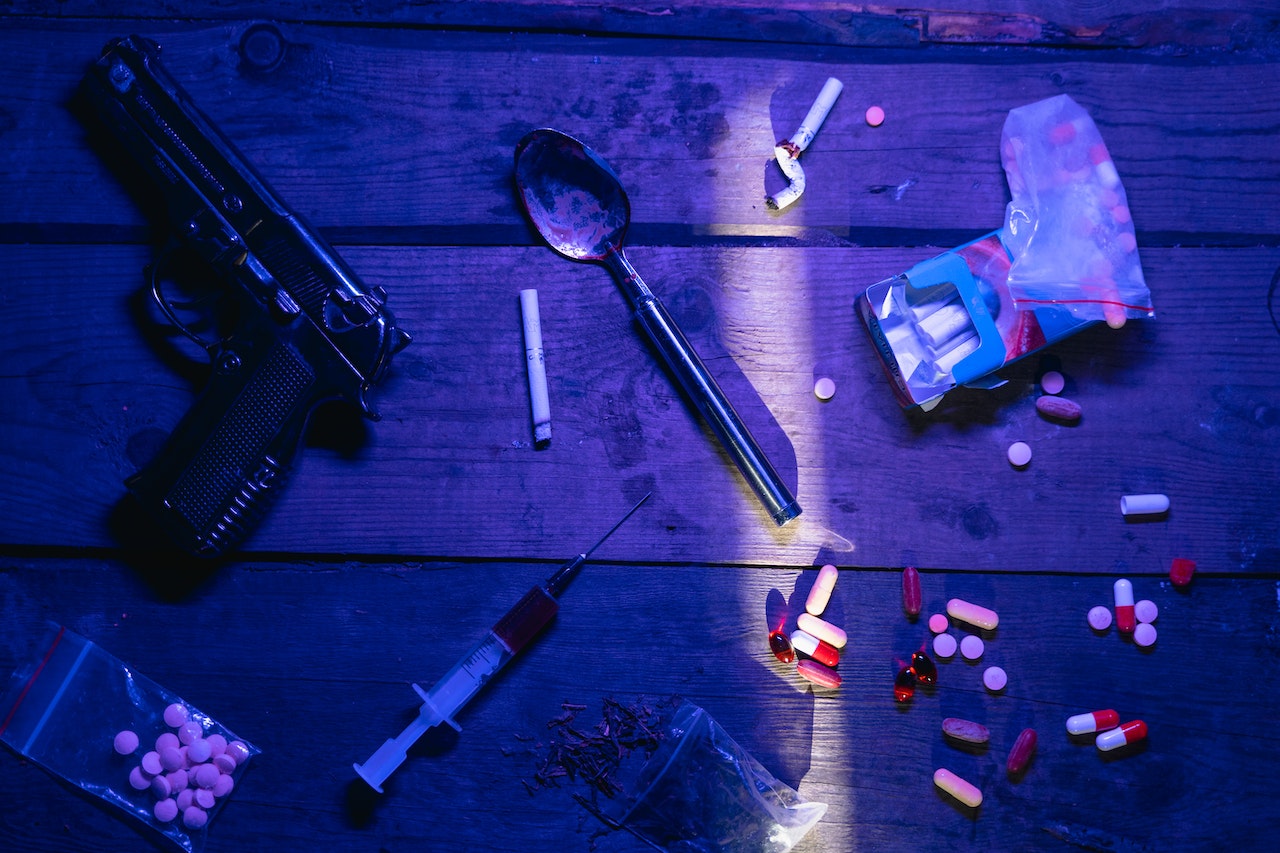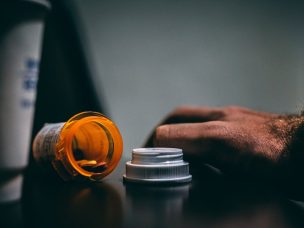While we might feel clear on what addiction is, for the sake of understanding, we will define clinical addiction here. According to the American Society of Addiction Medicine (ASAM), addiction is a treatable, chronic medical condition involving complex interactions between a person’s neural network, genetics, environment, and life experiences. Addiction involves the use of substances or engagement in behaviors that become compulsive and eventually have unfortunate and harmful consequences.
With this basis, let’s explore the link between addiction and genetics.
Related: Higher Alcohol Consumption Tied to Muscle Loss
Genetics
We now know that genetics has a role in the predisposition to addiction, but how much do they contribute? As our genes form the building blocks of who and what we become, it’s worth a look at what they are and what they provide.
Genes are sections of DNA that hold the instructions to produce a specific molecule in your body, usually a protein. These proteins determine how you grow and how your body works. They also control many of your physical characteristics like blood type, eye color, height, etc.
We used to believe that we got an even split of our genes from each of our parents. More recent research suggests that we get more from our mothers, though some of your father’s genes may be more dominant.
Addiction Genes
When we discuss ‘addiction genes,’ we mean the genetic differences that make some people more or less disposed to addiction. We already know that each person has a unique response to drugs and medications. Most of us have experienced this when, for instance, a drug works amazingly well for a friend but has no effect on you at all. Or, a drug makes you feel ill or disoriented but works well for another person. Each of us (including siblings) has a unique physiology based on genetic differences.
Unique Responses
So, when scientists seek out the ‘addiction genes,’ they are looking for the genetic variances that are associated with those unique responses to drugs. A person with addiction genes may have a strong inclination for a particular substance and have a strong withdrawal reaction when it is no longer available to them. Alternatively, a person without the genetic vulnerability to addiction may not experience any preference or particular pleasure from the substance that the other group finds bliss.
Related: FDA Panel Considers Making Opioid Antidote Drug Available Without Prescription
Is It All In The Genes?
After we acknowledge the connections between addiction and genetics, the next logical question is – how much of addiction is genetic? The genetic differences that make some people vulnerable to addiction vary by substance. Some research says that alcohol addiction is about 50% heritable, and other forms of drug addiction are about 70% heritable.
This means there is a 50% risk of a person born with an addiction gene developing the disease of alcoholism due to their genetic makeup. Further, there’s a 70% risk of a person with an addiction gene becoming addicted to other kinds of drugs. These percentages are significant, but not without hope for the person with inherited addiction genes.
Not Born An Alcoholic
It is important to note that while a person with alcoholism in their family line may inherit an addiction gene, they aren’t born an alcoholic. While their genetic makeup predisposes them to develop the disorders, their fate isn’t a foregone conclusion – environment, life experiences, and other factors also play a significant role.
Children of at least one substance-addicted parent are at least four times more likely to develop a similar addiction themselves. This realization can be a source of great stress and worry for them, creating the very environment for addictive behavior. This cycle can be broken when people get help, but often, shame prevents early intervention.
Mitigation
If a person can see in their genetic line alcoholism or drug abuse, they may assume that they, too, have inherited the gene. But there are many things this person can do to mitigate the possibility of developing the disease of addiction.
The National Institute on Alcohol Abuse and Alcoholism (NIAAA) has these tips for reducing the chances of developing an addictive disease.
- Find Alternatives: If drinking takes up significant time or provides feelings of comfort, a coping mechanism, or a mood manager, then the person is in danger of developing the disease. Instead, they should create new hobbies, activities, or relationships as alternatives to alcohol.
- Keep Track: This person should be very conscious of the number of drinks and the amount of alcohol they’re consuming at home and away from home.
- Set Goals: They should determine ahead of time how much they want to drink, how many times per week, etc.
- Avoid Triggers: Often, drinking is prompted by stress, emotional situations, or even happiness. They should know what their triggers are to avoid them.
- Be Ready with a No: People are sure to encourage them to drink more than they want to, so they should be ready with a firm but polite ‘no.’
Related: FDA Approves First Over-the-Counter Nasal Spray for Opioid Overdoses

What About Recovery?
As already discussed, our physiology is unique and causes us to have varying responses to substances. Some people are disposed to addiction because they gain particular satisfaction and enjoyment from certain activities or substances. This makes them much more likely to keep using the drug or engaging in the activity – despite the risks. While at the same time, another person may resist the substance or activity easily because they don’t get any special joy from it.
This partial understanding of addictive behavior led people to erroneously believe that addiction was a matter of willpower or inner strength. But we now know that since addiction is a complex disease, recovery can be complicated and will take time and care. There is no one-size-fits-all remedy to addiction. But it begins with recognizing their vulnerability to addiction and often includes counseling, support groups, self-help, withdrawal management, and medications.
Are you a healthcare professional looking for a reliable source of up-to-date medical information? We’re here to improve patient outcomes for vulnerable and underserved populations. Visit MD Newsline today.











